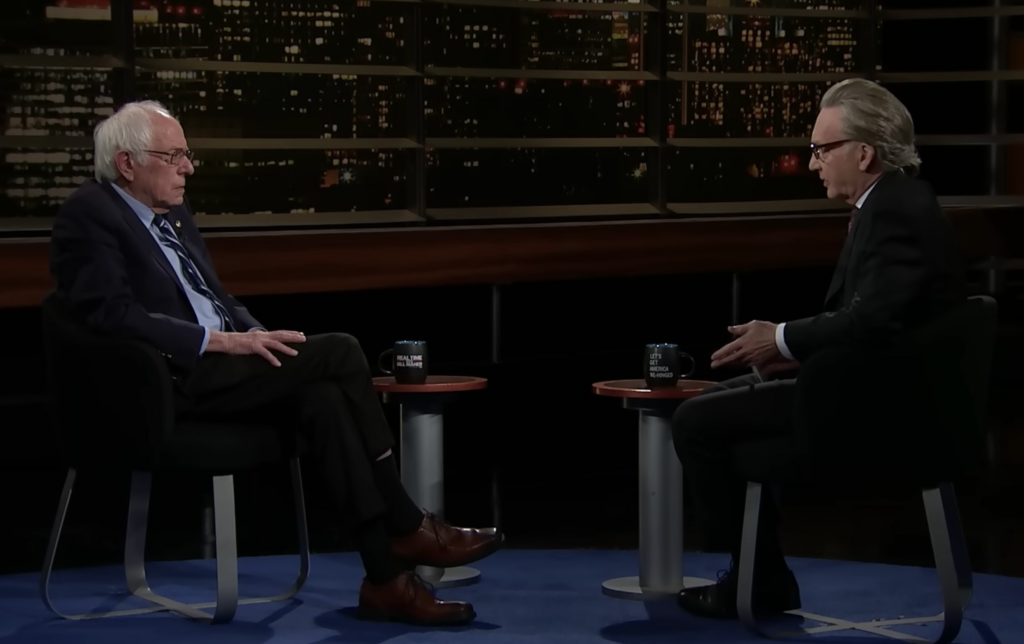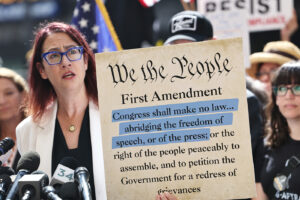March 24, 2023
No, Bill Maher, Student Debt Cancellation Is Not a “Giveaway”
By Eleanor Buchanan
The idea that borrowers would use President Biden’s student debt cancellation to fund a luxurious lifestyle is not only insensitive but out of touch with reality.

In November, CNBC published an article arguing that borrowers benefiting from President Biden’s student debt cancellation plan will largely spend their savings on “non-essential” items, citing a poll from Intelligent.com: “73 percent of anticipated recipients say they expect to spend their debt forgiveness on non-essential items, including travel, dining out and new tech.” The article caused quite a stir, including on Real Time with Bill Maher earlier this month. Maher, citing the poll to his guest, Senator Bernie Sanders, called President Biden’s plan to cancel up to $20,000 of student loan debt per borrower a “giveaway.”
Given the depth of the financial problems many borrowers are experiencing, the idea that student loan borrowers would use debt cancellation to fund a luxurious lifestyle is not only insensitive but also out of touch with reality. Sanders pushed back immediately. “I don’t know anything about that poll, but I can tell you I’ve talked to nurses who are working their asses off doing the right thing. They leave school $70,000 in debt. They can’t afford now to get married and have children,” said Sanders. “Right now these young people are leaving school deeply in debt. They’re struggling economically. They deserve a break.”
The data supports Sanders. Millions of borrowers have struggled to make ends meet because their student loan payments can eat up a significant portion of their income, at hundreds of dollars a month. According to the Federal Reserve, the total amount of student debt in the United States has surpassed $1.7 trillion, with over 45 million borrowers owing an average of $37,000. This debt burden makes it more difficult to afford essentials like food, housing, and health care, but also prevents people from saving for emergencies or investing in their future. The payment pause issued during the pandemic has kept millions of people from choosing between making loan payments and basic necessities.


